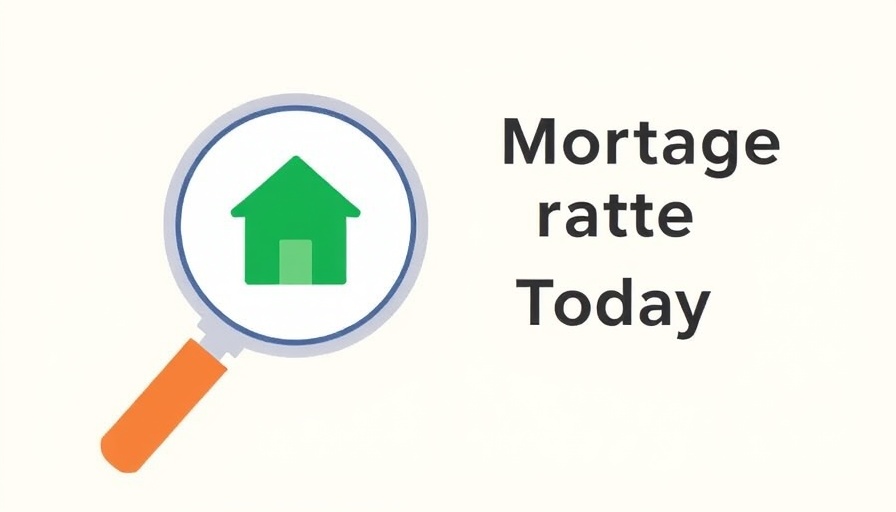
Understanding Budgeting: A Key to Financial Stability
Budgeting often feels overwhelming, especially when you're trying to trim costs. A Reddit user recently shared their struggle, highlighting a reality many small business owners and managers face: even with a decent income, it can be tough to save money while managing fixed expenses. In their case, with a monthly income of just over $3,300, the user spends about $2,600 on essentials, leaving little for savings or extra debt payments. This predicament serves as a reminder of the importance of financial literacy and effective budgeting strategies.
Applying the 50/30/20 Rule for Better Financial Management
One effective budgeting method that could help those with similar financial situations is the 50/30/20 rule. This formula divides your after-tax income into three categories: 50% for needs (like housing and groceries), 30% for wants (such as entertainment), and 20% for savings and debt repayment. While the user’s expenditures fit well within the 'needs' and 'wants' categories, they are clearly struggling with the 'savings and debt payments' section. To implement this rule successfully, staying disciplined can be challenging but rewarding.
Practical Tips to Trim Your Monthly Budget
To optimize monthly spending as suggested by numerous financial experts, here are a few actionable insights for small business owners and managers:
- Conduct a Needs vs. Wants Analysis: Regularly review your expenses and categorize them. It may reveal areas where you can cut back. For example, reducing dining out or subscription services can free up cash.
- Evaluate Fixed Costs: Investigate ways to reduce fixed costs, such as negotiating rent or refinancing loans for lower interest rates.
- Track Your Spending: Use budgeting apps to monitor expenses more closely. Identifying spending patterns often sheds light on potential savings.
Incorporating Technology for Budget Management
Today's digital tools extend beyond simple spreadsheets. Many applications are available to assist in managing budgets effectively, offering features like expense tracking, automated savings, and financial goal setting. Utilizing such resources can simplify financial management, enabling users to stay on top of their budgets and potentially discover spending habits they were unaware of.
Building Financial Resilience Through Savings
For the Reddit user and others in a similar situation, establishing a habit of saving—even a small amount each month—can foster greater financial resilience. Consider setting up an automatic transfer to savings right after payday. Over time, this consistency builds a safety net, allowing for more flexibility when unexpected costs arise or investment opportunities come your way.
Emotional Connections and Financial Fitness
Many overlook the emotional component of budgeting; it can often lead to feelings of anxiety and stress. However, educating oneself and creating a budget can transform financial issues from a source of worry into an empowering tool for better decision-making. Budgeting isn't just about numbers; it's about creating a lifestyle where financial empowerment leads to both personal and professional growth.
Lastly, consider participating in discussions like the one on Reddit. Sharing experiences can not only provide support, but also uncover innovative solutions to budgeting challenges. In the world of small business management, collaboration and shared knowledge are invaluable.
Conclusion: Take Charge of Your Financial Future
Like the Reddit user seeking help, many small business owners can benefit from budgeting strategies tailored to their unique circumstances. By implementing practical tips and leveraging available technology, you can find ways to reduce spending and increase savings. Take control of your financial well-being to foster a brighter and more secure future.
 Add Row
Add Row  Add
Add 




Write A Comment